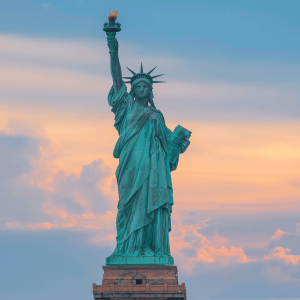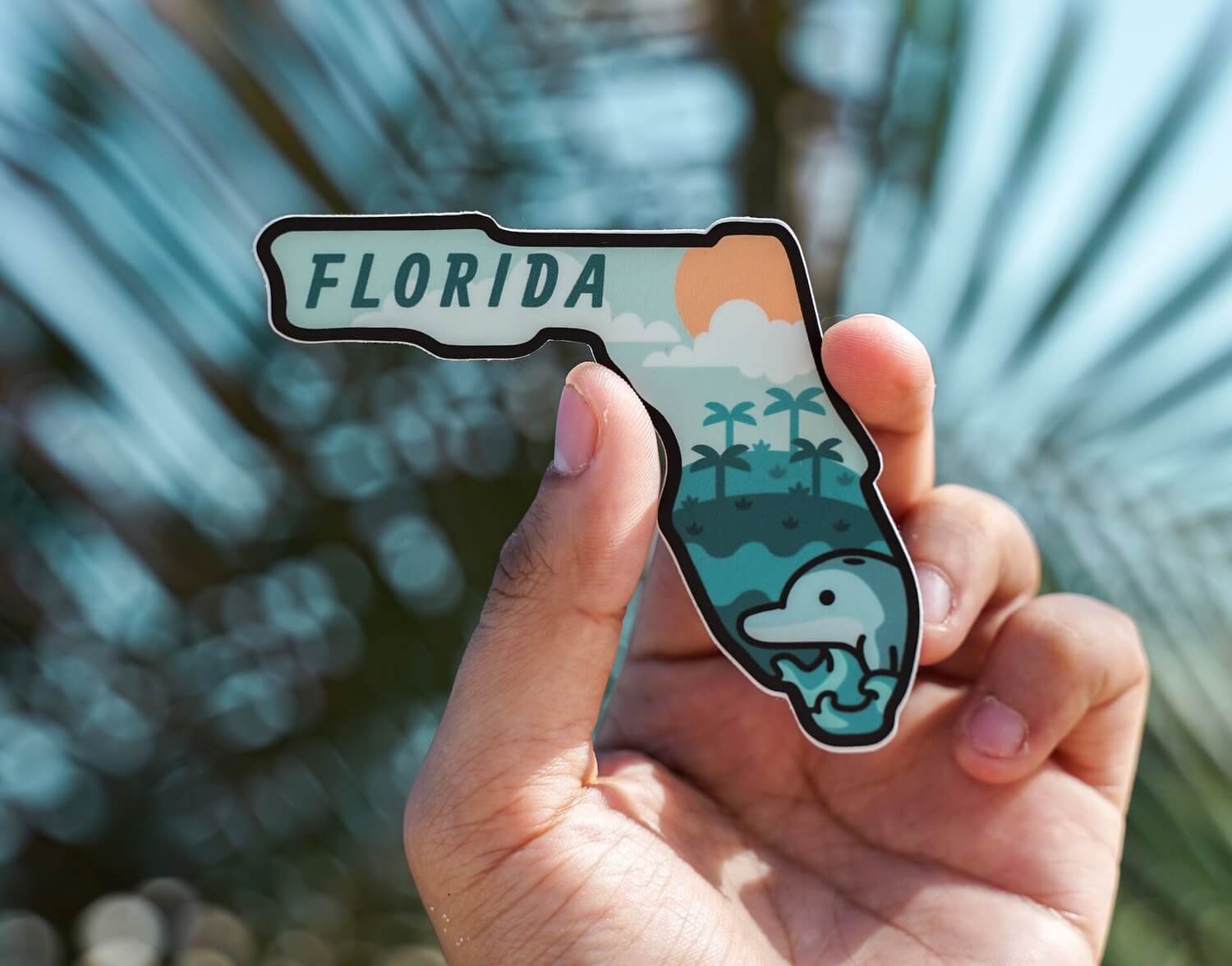Election Time Disorder – What Campaigns Can Do for, and To, You
Note: This election could be hazardous to your physical and mental health.
How would you react if this warning suddenly appeared, printed or spoken, on your news source?
Those might not be the exact words, but nevertheless the warning is out there. And it is being announced with authority–some of it through studies at institutions that have access to pollsters as well as people knowledgeable in health and other scientific fields. Here is the caveat as couched in the language of one of those surveys:
“Elections permit the continuance of democracy and enable economic development, but may have unintended effects on health…
“(W)e determine that elections increased health care use during legally specified campaign periods by as much as 19% for first-time voters. Contrary to earlier studies concentrating on mental health, we find higher spending on the treatment of physical health conditions such as acute respiratory infections, gastrointestinal conditions and injuries.”
Anxiety, Depression
While the physical complaints reported have been many and varied, the mental health concerns sending patients to seek professional help have been reported mainly as two–anxiety and depression.
Symptoms
Signal symptoms include a feeling of hopelessness, loss of interest in activities formerly enjoyed, exhaustion but trouble sleeping, overeating or loss of appetite, thoughts of self-harm. If symptoms are strong or last more than two weeks, help from a mental health professional is suggested.
Shocker
The greatest surprise–shock, actually– at this phenomenon of election time sickness has been to students of history, people raised in democracies. and especially Americans, educated to believe in liberty through the ballot box. Here are quotes affirming that belief:
The vote is the most powerful instrument ever devised by human beings.—President Lyndon B. Johnson
We do not have government by the majority. We have government by the majority who participate.—President Thomas Jefferson
‘Election Time Disorder’
What causes election time disorder in a land where suffrage is so cherished? Interesting insights may be found in an article written by Stephen Webster back in October, 2020. It was in the Sabato’s Crystal Ball section of UVA’s Center for Politics publication.
“Contemporary American politics is, above all, rage inducing. This is due in large part to our politicians, those architects of anger who benefit from the public‘s ire.
“…(P)oliticians seek to make their supporters angry because angry voters are loyal voters. Put simply, when a voter is angry, she (sic) is most likely to vote for her (sic) own party’s candidates at all levels of the federal electoral system.”
Comments on the current election climate were solicited from Anthony E. Russo, who in the 1970s made headlines all over the U.S. In Union Township, New Jersey, he did what had been deemed impossible. He unseated a man who had been the township’s mayor for over 30 years, and who, according to some historians, had held that title of mayor longer than any other in the country.
“The first time I ran,” Russo reminisces, “I lost…by 400 votes. What did I do? I got up the next morning and began knocking on doors again. I couldn’t help the people who needed help if I wasn’t in office.”
Now, after a career that included the State Senate and County Attorney, Russo is in his nineties and still working as Assistant County Adjustor and an attorney. As he discusses the 2024 election campaign, his voice rises. “We are on the verge of a civil war without bullets! People hate, are unreasonable, bitter, full of animosity.”
“And in your day?” he is asked. He replies, “People were decent…were interested in what’s best for the country.”
Anger, Rage
Is whipping up the crowd with raw language really commonplace now? For proof, we need look no further than the title of a new book, expertly pitched in a commercial for an upcoming MSNBC morning show:
“‘Hit’em Where It Hurts’ urges Dems to go on attack against Republicans.”
If you are a Democrat reading or hearing these words while, say, chugging down your morning coffee, might not heartburn follow? And even if you are not a Democrat, do you find hitting below the belt in keeping with the best of America?
Prevention
Is there anything one can do in self-defense to prevent election time sickness? Following are several suggestions:
Monitoring The News
With each successive news report heightening anxiety, there might be a good place to start. One doesn’t have to be a professional journalist to see how unprofessionally journalism is being practiced. With ratings in mind, fodder for a “news” story is anything that piques curiosity, perhaps a different angle on an old piece of information. Ask yourself if what you are hearing sounds true or manufactured.
Be suspicious of quotes from “unnamed sources,” and those phrased this way: “It has been reported that…”
‘Statistics’
Statistics are sometimes reported in the same way–without attribution. Unless all the facts are revealed, that “fifty per cent” who reportedly said such-and-such could mean three people out of six waiting with the reporter in the sandwich line at lunch time!
‘Story’ Becomes News
When broadcast later, the fifty-per cent story is repeated as truth (“This afternoon, it was reported…”). Then it’s on its way to make news on a still later show on the same channel, or another network, or, better yet, by some guy with an app, ensconced in his basement, influencing viewers as a podcaster, blogger or vlogger.
Loaded Words
Emotionally laden titles create best sellers, and it is a romp through a mine field to dig up what the print media has been offering. Google the subject “Books about how elections can make you sick.” Check out the phrases describing what’s between the covers:
- Election meltdown, broken election process, election fraud, voter suppression, books to get you through, books to help you prepare emotionally for elections.
Check the Scenery
Meanwhile, across the pond, writers also are taking note while searching for a local angle. Following is from the French newspaper LeMonde, filed at 12:45 Paris time:
“On Friday, Jan. 5, Joe Biden kicked off his new electoral duel with Donald Trump by presenting the upcoming election as a test for the survival of American democracy. Biden chose a symbolic place for his speech: Valley Forge in Pennsylvania, where George Washington, accompanied by LaFayette, had stationed his troops during the winter of 1777 to resist the British.”
From this example we ferret out another way to monitor news: Being aware of background scenery that seems contrived, as well as words that are “glittering generalities” (cliches like “test for survival”). Also, it’s wise to check on the credentials of speakers presented or quoted as “insiders.”
John Q or Official?
Of course, how deeply elections affect people depends on who they are and what their stake is in what the new, or re-elected, governing bodies will do.The economy, reproductive rights, the health of the planet, senior citizens, veterans, parents whose children have opted for transgender treatment, residents of border states–everyone’s future depends on the outcome, some more directly than others.
True story: Election night in a small town. A small storefront, which had served as headquarters for one of the parties, is packed with those who have been working hard at campaigning for months. The polls have been closed for several hours; there is total silence. One of the party faithful has brought a guest. Surveying the scene, the visitor asks, “Why is everyone so grim? It’s not as if they’re in a hospital, waiting for news of loved one…”
Patronage
She is quickly shuffled off to a corner. “Some of them are waiting to hear about their livelihoods,” her friend whispers. She goes on to explain about patronage…all the jobs that will come open with a victory.
The Whistlestop Tours
In days gone by, electioneering was more genteel. It also used to be an event, because it came to you, sort of like the circus, rolling into town on its special train. On the tracks of the railroad yards, outside the very last car, on a platform, stood the candidates, sometimes accompanied by their corsage-bedecked wives or local officials taking advantage of the photo ops afforded by the Whistlestop Tour.
Those were the days before TV and social media, and so it was exciting to see celebrities like General Dwight Eisenhower or President Harry Truman in person. The crowds heard them say how pleased they were to see them, and thank them for coming.
Contemplate This
This more civil campaigning is reminiscent of that described earlier by a former mayor, Anthony Russo. Coincidentally, not long ago, in the bustling center of Union, New Jersey, where he served on the governing body for 30; years, a patch of green was dedicated and named the Anthony E. Russo Park.
It is a peaceful place, with a stone monument enumerating his many contributions to the township, county and state. At this tumultuous time in American politics, it must be soothing to sit there, to contemplate the splendor of the grass and trees. And the value of knocking on doors instead of hitting below the belt.




